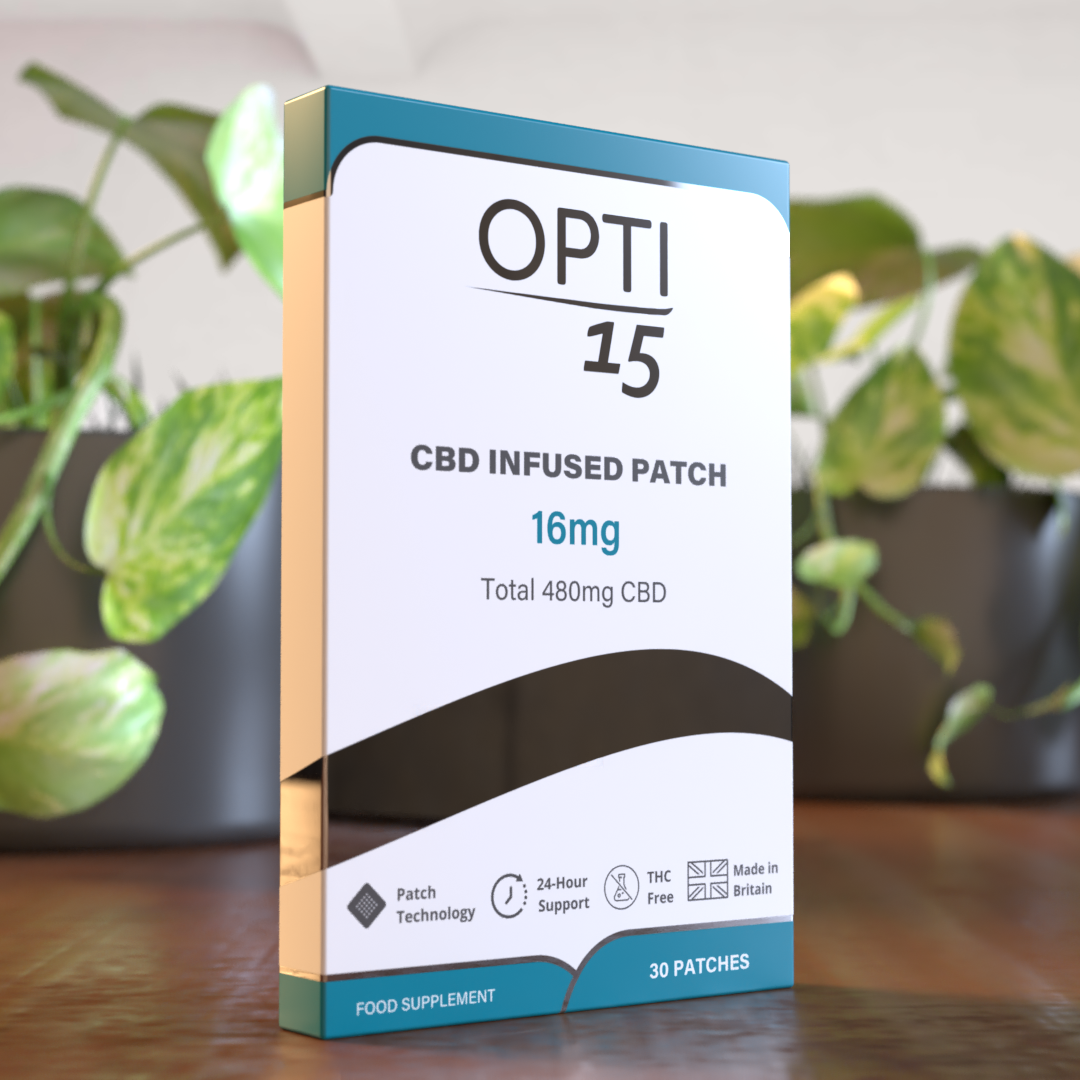Is Valerian an Effective Sleep Aid? Benefits, Safety & Science

Not sleeping enough is a common issue, and many people face it. Getting enough sleep should be a primary concern because medical professionals believe that sleep deprivation causes or aggravates several major health problems.
You may be wondering if natural sleep aids can help you if you are among the many people who struggle to fall asleep or don't get enough sleep. People prefer herbal supplements rather than taking sleep medications. Valerian is one such natural remedy that is frequently used to promote sleep. However, does valerian aid in sleep? Is it safe, too?
In this article, we explore the benefits, possible adverse effects, and suggested dosage of valerian root.
What is valerian root?
Originally from Asia and Europe, the valerian plant is also found in North America. In addition to its multiple uses, the plant's root has a unique smell that many people find disagreeable.
In ancient Greece and Rome, Valerian root was used for medicinal purposes. It contains valerenic acid, an active component with sedative properties. In particular, it is believed that valerenic acid acts on brain receptors for the neurotransmitter gamma-aminobutyric acid (GABA). GABA slows down and soothes the brain. In old times, people used valerian to treat insomnia, stomach cramps, fatigue, and migraines. People now take valerian mostly to aid with headaches, depression, menopause, anxiety, insomnia, and premenstrual syndrome (PMS).
Valerian root is often dried before being prepared as a tea, tincture, pill, or tablet for use as a nutritional supplement. These types of valerian root can be purchased online, at pharmacies, and in supermarkets without a prescription. Supplements containing Valerian root are widely used in European nations like France, Germany, and Sweden as natural sleep aids. More respondents to a U.S. survey said they took valerian root, in contrast to melatonin for sleep.
Uses of valerian:
Practitioners of complementary and alternative medicine (CAM) think valerian root could help people with specific illnesses. Researchers have taken notice of some of these applications.
According to some early research, valerian root may be useful for:
- Sleeplessness
- Anxiety
- Maleopause-related hot flushes
Although the evidence for these assertions is largely conflicting, several encouraging studies have emerged.
1. Sleeplessness:
The most well-known use of Valerian is most likely as an insomnia treatment. Despite being one of the most researched plants for sleep, there is conflicting evidence regarding whether valerian root can increase or enhance the quality of sleep.
In a 2024 trial, 80 adults with minor insomnia were given either valerian extract or a placebo after eight weeks. Overall sleep quality, sleep latency (the amount of time it takes to fall asleep), and total sleep time all improved, according to the study's findings.
2. Anxiety:
Some promote valerian root as a natural and safe substitute for pharmaceutical anxiety medications that work by binding to GABA receptors. But the evidence supporting this claim is scant.
According to a 2015 review, valerian root was the "most promising candidate" for treating anxiety linked to bipolar disorder out of 12 traditional herbs used to treat anxiety, including ginkgo biloba, gotu kola, and hops.
The precise ways in which valerian could reduce anxiety symptoms require further investigation.
Remember that no herbal cure or supplement should be used in place of regular medical care. For medical advice on any condition, always seek the advice of a healthcare professional.

3. Hot flashes:
Menopausal hot flashes may benefit from Valerian root in a number of ways. Valerian might be able to lessen both the frequency and intensity of your hot flashes.
In comparison to a placebo, valerian root capsules (225 milligram doses, three times a day for eight weeks) decreased the frequency and intensity of hot flashes in a 2013 study with 68 menopausal women.
How does valerian root work?
Researchers are still figuring out which of the many chemical compounds found in Valerian root affect the human body and brain. Most likely, results are the result of several components working together. The following active ingredients have been found in valerian root by researchers:
- Iridoids are also called valepotriates.
- Essential oils, such as valeric and valerenic acids
- Lignans
- The flavonoids
- GABA (in small quantities)
Can valerian root help you sleep?
Researchers concluded after examining 60 trials spanning over 40 years that valerian root can probably help people sleep better and feel less anxious. Supplementing with valerian root has been shown to increase the amount of time spent in a deep sleep stage, enhance sleep quality, and help people fall asleep more quickly.
Nevertheless, other research revealed that valerian root had either no effect at all or a statistically negligible effect. People may need to take valerian root on a regular basis rather than occasionally or as needed to observe results.
It's important to remember that the American Academy of Sleep Medicine (AASM) recommends against using natural sleep aids, such as melatonin and valerian root, to treat persistent insomnia because there is insufficient evidence to support their efficacy and safety. For at least three months, a person with chronic insomnia will struggle to fall or remain asleep three extra nights a week. They also feel tired during the day or have trouble focusing during this period.
Things to consider before taking valerian root for sleep:
Before you decide to take valerian root for insomnia, consider the following:
Drugs might not be the solution:
Start with adopting habits that improve sleep, such as limiting coffee use in the late afternoon, having a regular sleep schedule, exercising frequently, and unwinding an hour or two before bed. Additionally, for treating insomnia, cognitive behavioral therapy, for example, substituting happy thoughts for worries about not sleeping, may be safer and more successful than prescription drugs or herbal supplements. Or you could have an underlying cause that needs to be evaluated, like periodic limb movement disorder or sleep apnea.
Dosage is unclear:
The best results from Valerian appear to occur after taking it consistently for two weeks or longer. It is unclear what dose is most helpful or how long a certain dose should be taken because valerian studies have varied in dosage, and some of the trials were not rigorous.
There could be side effects:
Despite valerian's perceived safety, adverse symptoms like headache, light-headedness, gastrointestinal issues, or insomnia might happen. If you are pregnant or nursing, Valerian might not be safe for you. Furthermore, its safety for kids younger than three has not been assessed. Do not use valerian if you have liver illness. Additionally, after taking valerian, stay away from using machinery or driving because it can make you drowsy.
Drug interactions:
Other sleep aids may have their effects amplified by Valerian. Additionally, it intensifies the sedative effects of depressants such as drugs, alcohol, and benzodiazepines. Certain prescription drugs may interact negatively with Valerian.
The Food and Drug Administration does not oversee herbal supplements in the same manner that it does pharmaceuticals. It's not always possible to know what you're getting or if it's safe. Supplements containing valerian may contain other substances and have inconsistent contents. Keep in mind that natural does not always equate to safety.
Conclusion:
Although many people use valerian as a herbal treatment to help them sleep better, there is conflicting scientific evidence about its efficacy. While some research, particularly in high-quality trials, reveals no discernible advantage over placebo, others suggest modest increases in the onset and quality of sleep. Valerian has minimal known adverse effects and is usually regarded as safe for short-term use. It cannot be suggested as a dependable treatment for persistent insomnia, nonetheless, because of conflicting research findings and variations in preparation quality. For evidence-based solutions, those who have ongoing sleep problems should speak with a healthcare professional.

